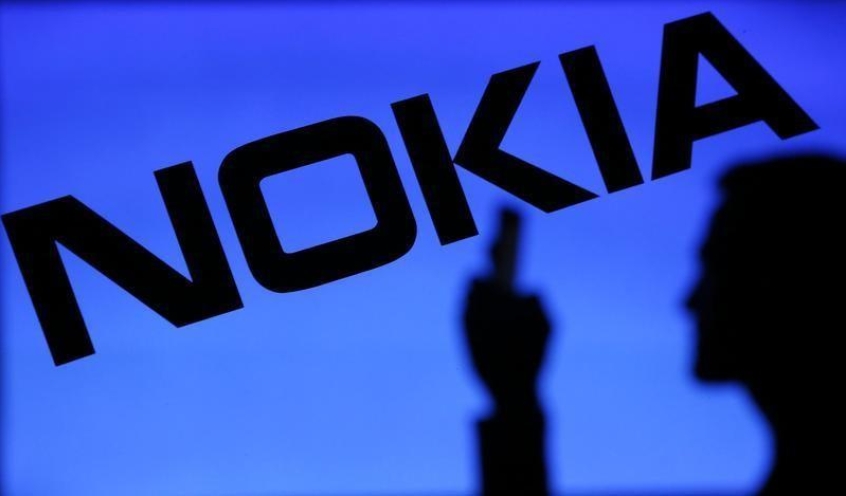
After only two years in the market, Nokia Technologies is halting production of its top of the line 360-degree virtual reality (VR) camera, OZO, and its follow-up OZO+.
The gadget's short legacy started out fairly well in 2015, with Nokia marketing it to professionals as the "natural evolution" for cameras. Even its initial price of $60,000 was a rate pegged for Hollywood filmmakers, although this was later cut down to $45,000.
In April 2016, the Finnish company even forged a partnership with Disney and its box-office hit "The Jungle Book," filming interactive cast and crew interviews as well as its red carpet movie premiere.
Earlier this year, Alchemy VR Head of Production Ian Syder also praised OZO in an interview with TV Tech Global and called it the "the simplest camera in the world to use" following a very challenging documentary shoot in Galapagos Islands. "Suddenly, the riskier shots are possible — you can put it on a motorized dolly, or strap it to a helicopter," Syder added.
However, for the miniature camera, its successes are far fewer than its shortcomings and it never got to officially take off.
In its official announcement, Nokia said this "means that Nokia Technologies plans to reduce investments and focus more on technology licensing opportunities. The unit aims to halt development of further versions of the OZO VR camera and hardware, while maintaining commitments to existing customers."
Nokia will also give more attention to its digital health portfolio, pertaining to Withings, a former French company it acquired in 2016 to become its digital health unit.
"Nokia Technologies is at a point where, with the right focus and investments, we can meaningfully grow our footprint in the digital health market, and we must seize that opportunity," said Nokia Technologies President Gregory Lee.
With its VR division being cut off, 310 employees will also have to be laid off. That is a third of the company's technology arm scattered around Finland, United Kingdom and the United States. Nokia, however, promised to provide all the necessary support for affected employees.













